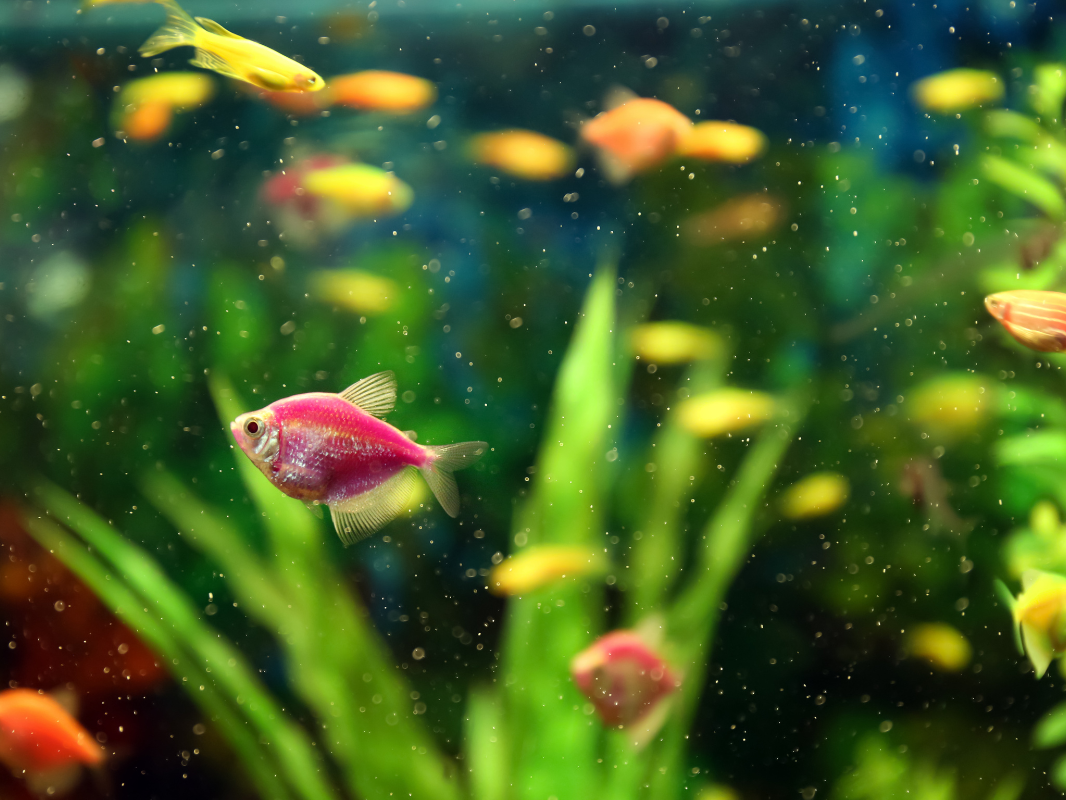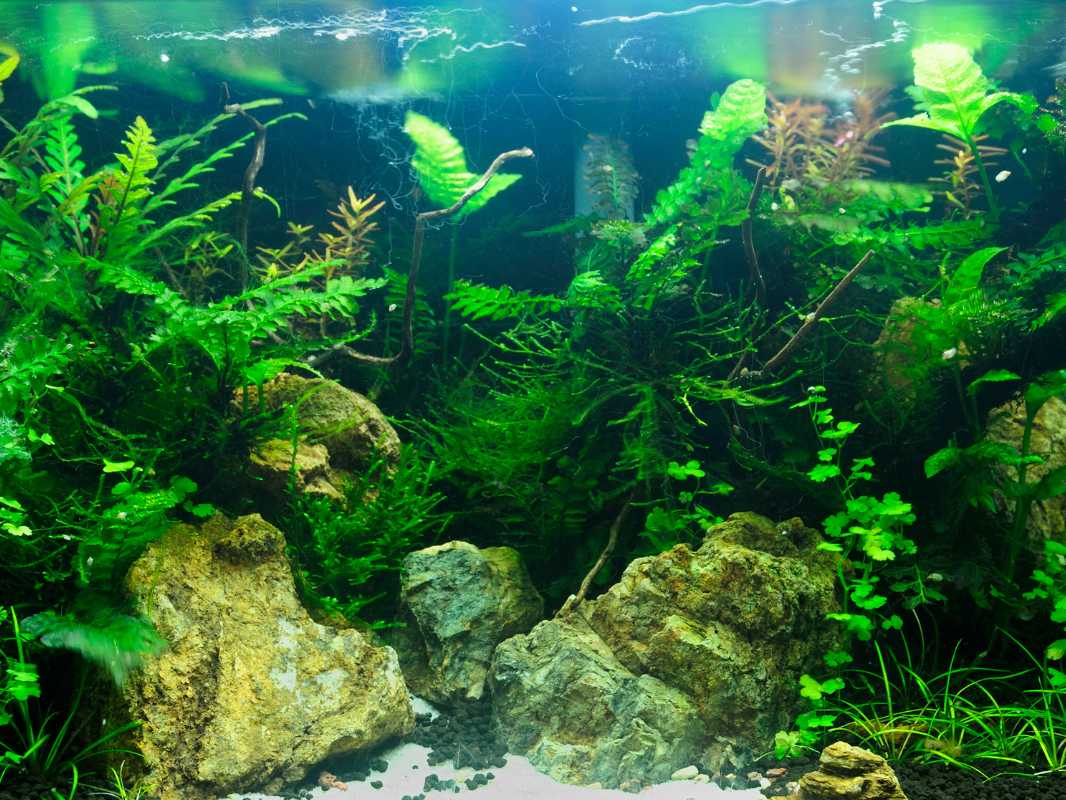Fish, those graceful denizens of the deep, have a lot more going on beneath the surface than we might think, especially when it comes to their diet and growth. As we embark on this exploration, let’s dive into the fascinating world of fish nutrition and how it impacts their growth. This isn’t just about throwing some flakes into a tank; it’s about understanding the complex interplay of nutrients that fuel the growth of these aquatic wonders.
Introduction to Fish Diets
Fish diets are as varied as the species themselves, but they all share a common goal: to provide the necessary nutrients for healthy growth and development. Whether you’re a hobbyist with a home aquarium or involved in aquaculture, understanding the basics of fish nutrition is key.
Importance of a Balanced Diet for Fish Growth
A balanced diet is crucial for optimal fish growth. Just like humans, fish need a mix of proteins, fats, carbohydrates, vitamins, and minerals to thrive. The right diet ensures they grow to their full potential, maintain good health, and display vibrant colors.
Register for our latest in-depth reviews and product round-ups from the experts
Enter your email address below to receive our twice monthly reviews emails.
By entering your details, you are agreeing to our terms and conditions and privacy policy. You can unsubscribe at any time.
Overview of Typical Fish Diet Components
Fish diets generally include:
- Proteins: Essential for muscle growth and repair.
- Fats: Provide energy and help absorb vitamins.
- Carbohydrates: Though less important, they’re a source of energy.
- Vitamins and Minerals: Vital for various bodily functions.
Essential Nutrients for Fish Growth
Each nutrient plays a specific role in fish growth and health. Understanding these can help you choose the best diet for your aquatic friends.
Proteins: Building Blocks of Muscle Growth
Proteins are crucial for muscle development in fish. They require high-quality protein sources for optimal growth, which can come from fishmeal, soybean, or other plant and animal sources.
Fats: Sources of Energy and Vital Omega-3 Fatty Acids
Fats are a dense energy source and essential for absorbing certain vitamins. Omega-3 fatty acids, found in fish oil, are particularly important for fish health and growth.
Vitamins and Minerals: Crucial for Overall Health
Vitamins and minerals support various bodily functions, from bone development to immune system strength. A deficiency in these can lead to health issues and stunted growth.
Fiber: Aiding Digestion and Metabolic Functions
While not a primary focus in fish diets, fiber helps in digestion and overall metabolic health.
Types of Fish Diets
The type of diet you choose for your fish can significantly impact their growth and health.
Natural Diets in Wild Fish
In the wild, fish diets vary greatly depending on the species. Some are carnivorous, others herbivorous, and many are omnivorous. Understanding the natural diet of your fish species can guide you in replicating it in a controlled environment.
Commercial Fish Feeds: An Overview
Commercial feeds are formulated to provide a balanced diet and are convenient for fish farmers and hobbyists. They come in various forms, like pellets, flakes, or granules, each suited for different fish species and sizes.
Homemade Fish Diets: Pros and Cons
Homemade diets allow for more control over the ingredients but require a good understanding of fish nutritional needs. They can be more natural but also risk being nutritionally imbalanced.
Feeding Strategies for Maximum Growth
How you feed your fish is as important as what you feed them.
Understanding Fish Feeding Behavior
Different fish species have different feeding habits. Some graze throughout the day, while others eat in large meals. Knowing your fish’s natural feeding behavior is key to setting up a successful feeding regimen.
Frequency and Quantity of Feeding
Overfeeding can lead to health problems and water quality issues, while underfeeding can stunt growth. Finding the right balance is crucial.
The Role of Feeding Environment
The environment, including water temperature, quality, and tank or pond design, can affect feeding and growth. For instance, colder water can slow down metabolism, affecting how much and how often fish need to eat.
Challenges in Fish Nutrition
Even with a good understanding of fish diets, there are challenges to ensuring optimal nutrition.
Common Nutritional Deficiencies in Fish
Nutritional deficiencies can lead to health problems and poor growth. Common deficiencies include lack of essential vitamins or minerals, often due to an unbalanced diet.
Overfeeding and Its Impact on Fish Health
Overfeeding is a common issue in fish care. It can lead to obesity, health issues, and poor water quality, all of which negatively impact fish growth and well-being.
External Resources:
- For more insights into aquaculture and fish diets, check out Encyclopedia Britannica’s detailed article on Aquaculture.
Jump to:
Optimizing Fish Growth Through Diet: Advanced Insights and FAQs
In this segment, we’ll explore advanced strategies for optimizing fish growth through diet, tackle some common challenges in fish nutrition, and answer frequently asked questions. Let’s continue our journey into the aquatic world of fish care and nutrition.
Advanced Feeding Strategies for Enhanced Fish Growth
Maximizing fish growth involves more than just choosing the right food. It’s about understanding the nuances of feeding strategies and environmental factors.
Tailoring Diet to Fish Species and Life Stages
Different fish species and life stages require specific nutrients. For example, juvenile fish might need higher protein content for rapid growth, while adults may require more energy-rich diets.
Adjusting Diets for Seasonal Changes
Fish metabolism can change with water temperature. In colder months, fish may require less food or a diet with a higher fat content to maintain energy levels.
Supplementing Diets for Health and Color Enhancement
Supplements like spirulina or krill can enhance fish coloration and boost immune system health.
Challenges in Fish Nutrition and Solutions
Even with the best intentions, fish caretakers can encounter challenges in providing optimal nutrition.
Dealing with Dietary Imbalances
An imbalance in nutrients can lead to health issues. Regularly reviewing and adjusting the diet based on fish behavior and physical appearance is crucial.
Managing Overfeeding and Water Quality
Overfeeding can deteriorate water quality and harm fish health. Monitoring feeding amounts and frequency is essential to avoid these issues.
Conclusion
Understanding and optimizing fish diets for growth is a dynamic and rewarding aspect of fish care. By tailoring diets to specific needs, managing feeding strategies, and overcoming nutritional challenges, you can ensure the health and vibrancy of your aquatic companions.
Frequently Asked Questions
Let’s address some common queries about fish diet and growth.
The best diet for rapid growth typically includes high-quality protein sources, essential fats, and a balance of vitamins and minerals. However, it varies based on the fish species.
Feeding frequency depends on the fish species and age. Generally, juvenile fish require more frequent feedings, while adults can be fed once or twice a day.
Yes, diet can significantly impact fish coloration. Diets rich in certain pigments, like carotenoids found in krill or spirulina, can enhance natural colors.
Monte Levin
Monte's journey in fish care started at a young age, fostering a connection with underwater ecosystems that goes beyond the surface. As our resident expert, he's dedicated to sharing his expertise and ensuring that every fish owner, from beginners to seasoned hobbyists, has the tools and knowledge needed to create a thriving aquatic environment.




